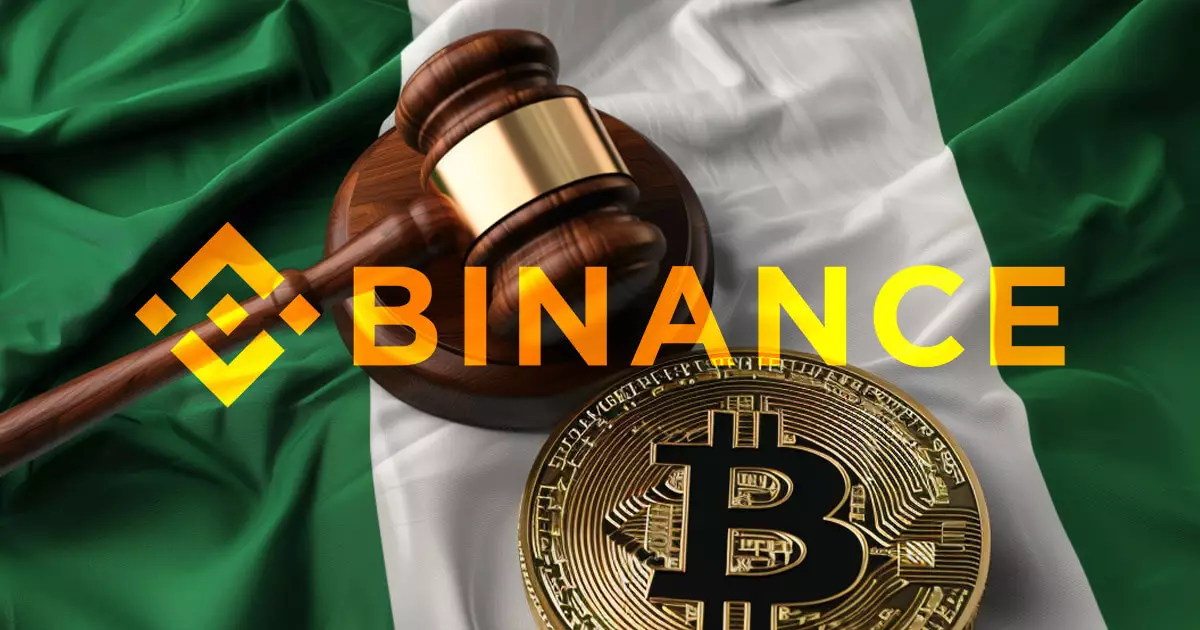In a notable turn of events, the Nigerian government has withdrawn all charges against Tigran Gambaryan, an executive at Binance Holdings, after nearly eight months of detention. Gambaryan was arrested in February 2024 upon his arrival in Nigeria, where he was on a business trip intended to engage with government officials regarding issues of foreign exchange volatility attributed to Binance. This case highlights the complexities and challenges that cryptocurrency exchanges face when navigating regulations in different jurisdictions.
On October 23, the Nigerian Economic and Financial Crimes Commission (EFCC) announced its decision to dismiss the charges against Gambaryan in the Federal High Court of Abuja. Their rationale was clear: the EFCC established that Gambaryan was merely an employee of Binance and should not be held accountable for the broader financial decisions made by the exchange. Mark Mordi, the lead member of Gambaryan’s legal team, backed this stance, reinforcing the message that Gambaryan was not privy to the strategic operations of Binance.
This withdrawal of charges came on the heels of a recent rejection of Gambaryan’s second bail application, a lapse that seemed to drag the case further along a painful timeline. Justice Emeka Nwite’s endorsement of the EFCC’s decision effectively heralded the end of Gambaryan’s legal struggles, though much of the damage had already been inflicted.
The case serves as a microcosm of the growing scrutiny that cryptocurrencies and their associated executives face in emerging markets. The Nigerian government had accused Binance of exacerbating volatility concerning the local currency—an assertion that reflects a wider apprehension across various nations as they seek to regulate the burgeoning crypto sector. The arrest of Gambaryan was viewed as more than an isolated incident; it reverberated through the crypto community, drawing attention from notable figures, including 18 U.S. attorneys general who appealed to President Joe Biden and Secretary of State Antony Blinken for intervention, characterizing Gambaryan’s detainment as an example of extortion aimed at forcing Binance to comply with local demands.
The implications of Gambaryan’s prolonged detention extend beyond the legal realm. Reports of his deteriorating health—suffering from malaria, pneumonia, and other serious ailments—have raised alarm within both the crypto community and human rights advocates. His struggle has sparked a significant backlash against the Nigerian authorities, highlighting the ethical dimensions cloaked within such legal battles.
As the situation unfolds, questions linger over the future interactions between international businesses and Nigerian regulatory bodies. Will this episode prompt Binance and similar entities to reevaluate their engagement strategies in regions with complex financial landscapes? Furthermore, how can stakeholders in the cryptocurrency ecosystem ensure that due process is honored in jurisdictions that may be less familiar with decentralized finance and its implications?
While the withdrawal of charges against Tigran Gambaryan is a relief, it underscores a critical moment of reckoning for the relationship between cryptocurrency firms and regulatory authorities worldwide. The ramifications of this case will likely influence how future negotiations unfold in the burgeoning digital currency landscape.


Leave a Reply